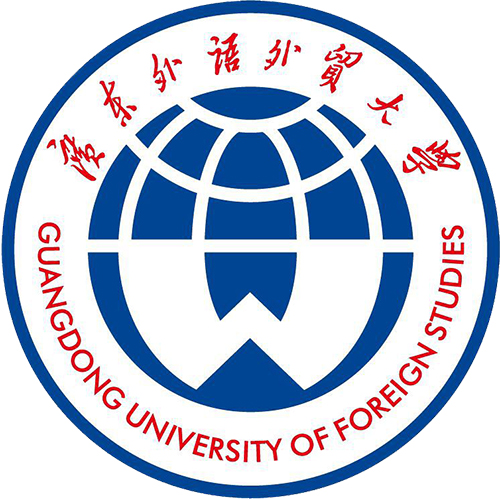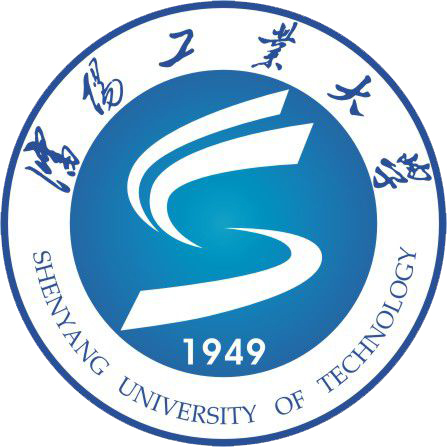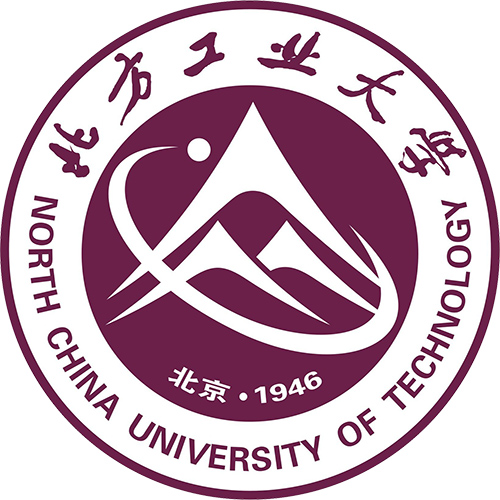
 Introduction
IntroductionGuangdong University of Foreign Studies (GDUFS), founded in 1965, is one of the prestigious universities in China which specializes in international studies and educates professionals for international business and management. It now has over 20,000 full-time students, among which over 2,000 are MA or PhD students. And the number of foreign students is over 1,000.
The GSB (Graduate School of Business), a college-level institute, was founded in July 2007. With its commitment to “global vision and instruction in English”, the GSB is dedicated to developing global managers with knowledge and insight of both east and west.
 About the Program
About the ProgramSubject nature:
International business is an interdisciplinary subject that integrates economics, management, law, sociology and language and culture. It focuses on the laws of cross-border business activities and studies how to optimize resource allocation, manage cross-border businesses and respond to international market challenges on a global scale.
Core objective:
Cultivate compound talents with a global perspective, cross-cultural communication skills and international business operation skills, enabling them to handle practical work such as international trade, investment, marketing and supply chain management in scenarios like multinational enterprises, foreign trade institutions and government departments.
 About Guangdong University Of Foreign Studies
About Guangdong University Of Foreign Studies
Teaching staff
Since the establishment of GDUFS, a large number of renowned scholars, such as Liang Zongdai, Gui Shichun and Li Xiaoju, have devoted to teaching and scholarship here, accumulating rich spiritual and cultural wealth for the University. It has a teaching staff of 1,173, among whom 48.3% are full or associate professors and 86.4% have masters and/or doctoral degrees. The University boasts one member of the Disciplinary Appraisal Panels under the Academic Degrees Committee of the State Council, 12 members of the teaching advisory boards of various disciplines of the Ministry of Education, 6 teachers enjoying the Government Special Allowance of the State Council, 1 candidate of the New Century Hundred, Thousand and Ten-Thousand Talent Project at the state level, 6 candidates of the Program for New Century Excellent Talents of the Ministry of Education, 1 national distinguished teacher, 6 provincial distinguished teachers, 1 distinguished professor of Pearl River Scholar, 30 provincial-level cultivation candidates of Guangdong Thousand, Hundred and Ten Project and 9 Yunshan Scholars. Besides, the University employs over 100 guest professors and nearly 60 foreign experts on a long-term basis.
Student Education
he University upholds the motto of Pursuit of Integrity, Practice and Cross-cultural Learning and defines as its mission the training of high-caliber global citizens through the integration of content studies and foreign language training for globally minded graduates with international vision and social responsibility. They should be well-versed in international norms, excellent in ethical cultivation and competence in their chosen fields of study, strong in cross-cultural communication and hands-on creativity, and ready to engage in global competition and cooperation. The University is one of the 19 universities worldwide that are qualified to recommend high-end translation professionals to the United Nations and the only foreign studies-oriented university in the CAMPUS Asia program. The University is home to the MOE-designated Teaching and Research Center for Asian and European Minor Languages, and the MOE's Pilot Scheme for Innovative Mode of Talent Training for cultivation of internationally competitive business professionals. According to MyCos, an educational consultancy firm, the graduation index and entry-level salary of this University's graduates ranked top among the universities across China from 2008-2011, including those under the 985 and 211 categories. The University enrolls applicants from over 20 provinces, autonomous regions and municipalities directly under the State Council, Hong Kong, Macao and Taiwan, all in the first-round or early admission category.
Academic Research
GDUFS is home to one of the MOE's national key research centers for humanities and social sciences, i.e. Center for Linguistics and Applied Linguistics; 4 provincial-level key research centers for humanities and social sciences in institutions of higher learning in Guangdong, i.e. Center for Foreign Language and Culture, Center for International Trade and Economics, Center for Translation Studies, and Research Institute of Cantonese Merchants; and one key research center for humanities and social sciences in Guangzhou Research Institute of Guangzhou International Business and Trade Center. The University also boasts Guangdong Research Institute on International Strategies and Research Institute of International Services Outsourcing. GDUFS publishes four academic journals of national impact: Modern Foreign Languages, International Economics & Trade Research, Journal of Guangdong University of Foreign Studies, and Journal of Strategy & ecision-Making.
International Cooperation
GDUFS attaches great importance to a full range of cooperation and exchanges in international education. To date, it has established cooperative ties with more than 190 universities and academic or cultural institutions in 32 countries or regions. In addition, the University has co-established three Confucius Institutes overseas at Sapporo University, Japan, Ural State University, Russia and Universidad Catolica de Santa Maria, Peru.
Teaching Facilities
GDUFS is fully equipped with advanced teaching facilities which are taking the lead among similar universities in the whole country. It boasts advanced campus network and management platforms, two provincial-level key labs and four provincial-level teaching demonstration centers, and a lab area totaling over 52,000 square meters. Covering a total area of 50,000 square meters, its libraries in the north and south campuses have a collection of 2.32 million hard-copy books, 1.7 million e-books, 3,114 domestic or foreign journals and 80 Chinese or overseas academic databases, providing network integrated management for book purchase, classification, cataloging, circulation and information search on library resources in 16 foreign languages. Its fixed assets stand at about 2.5 billion yuan.
Development Prospects
The University adheres to the idea of whole-person education and pursuit of excellence and nurtures a campus culture of diversity, elegance and flexibility. It keeps pursuing substantive development, further reform and innovation and vigorously promotes the internationalization of education-- internationalization of teachers, students, research and management--in order to be a high-tier internationalized university with distinctive features and excellent quality and enjoying high social reputation.
 Accommodation
Accommodation

 Fees
Fees Admissions Process
Admissions Process  Entry Requirements
Entry Requirements1. Not holding Chinese nationality, holding a foreign passport and meeting the relevant requirements of the "Jiao Wai Han [2020] No. 12".
2. Good physical and mental health, meeting the physical examination standards for applying for a study visa or residence permit to China as stipulated by the Chinese government.
3. Be friendly to China, abide by Chinese laws, regulations and school rules and regulations, be diligent and eager to learn, have excellent academic performance and good conduct; There is no record of violating school regulations and discipline, no public security penalties, and no criminal record.
4. The educational qualifications and language proficiency meet the requirements of the applied major.
Applicants for a bachelor's degree should generally be no older than 30 years old. Applicants for a master's degree should generally be no older than 35 years old. Applicants for a doctoral degree are generally no older than 40 years old.
6. Comply with other relevant laws and regulations.
Secondary high schoolcertificate; TOEFL 70 / IELTS 5.5 above for students from non-English-speaking countries (or pass the English language test organized by the Institute.).
 Application Materials
Application Materials1. Scanned copies of the high school graduation certificate and transcript (if not in Chinese or English, a notarized Chinese or English text must be provided).
2. For programs taught in Chinese, a scanned copy of the new HSK (Chinese Proficiency Test) Level 5 certificate with a score of 180 or above must be provided, as well as:
(1) Take the necessary entrance examination. The main forms of the entrance examination are: written test + interview, or interview.
(2) Applicants for the first year of the undergraduate program in Chinese Language do not need to provide an HSK certificate. However, those applying for the second year of the undergraduate program in Chinese Language must provide an HSK Level 4 certificate with a score of 180 or above.
(3) Applicants for all-English teaching programs do not need to provide an HSK certificate, but they must have a TOEFL score of 70 or an IELTS score of 5.5 or above, or pass the entrance examination and interview organized by the International Students' College.
3. Scanned copies of the first page of the passport and the visa page for China (if any), and a one-inch color photo without a cap.
4. A physical examination report with a validity period of less than six months.
5. The university will notify that additional materials need to be supplemented.
 Reviews
Reviews Scholarship
ScholarshipThe Guangdong Province Government has established the “Guangdong Government Outstanding Student Scholarship”. This award is used for subsidizing the international degree students with excellent performance.

Shenyang University of Technology
Tuition
Start Date

Shenyang University of Technology
Tuition
Start Date

North China University of Technology
Tuition
Start Date